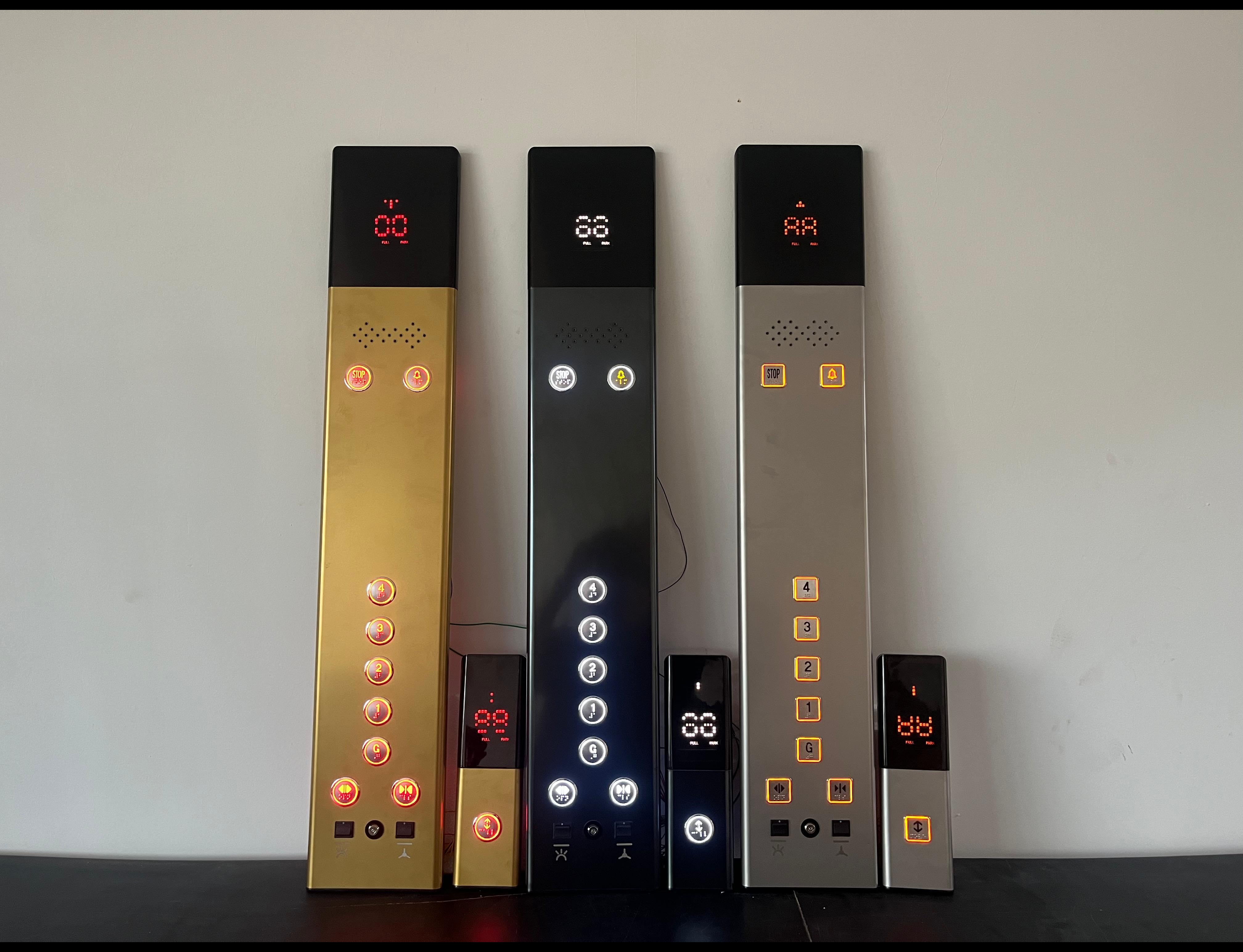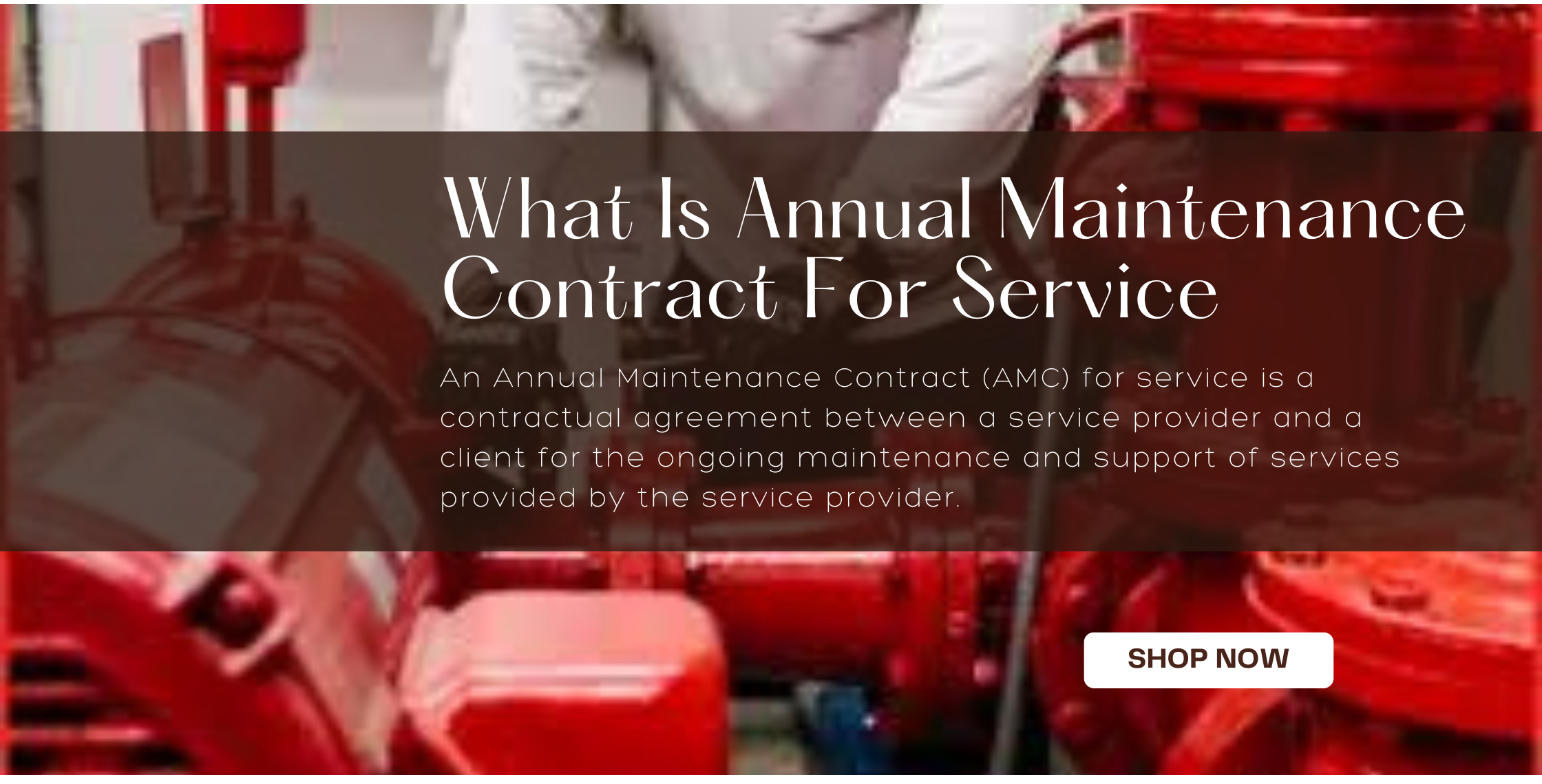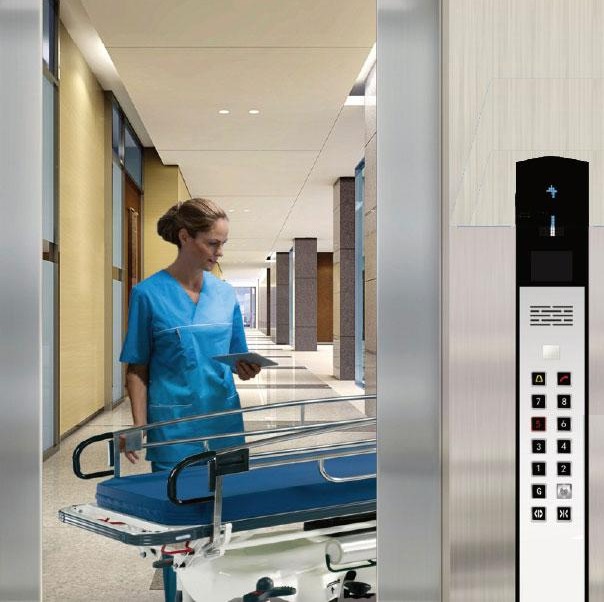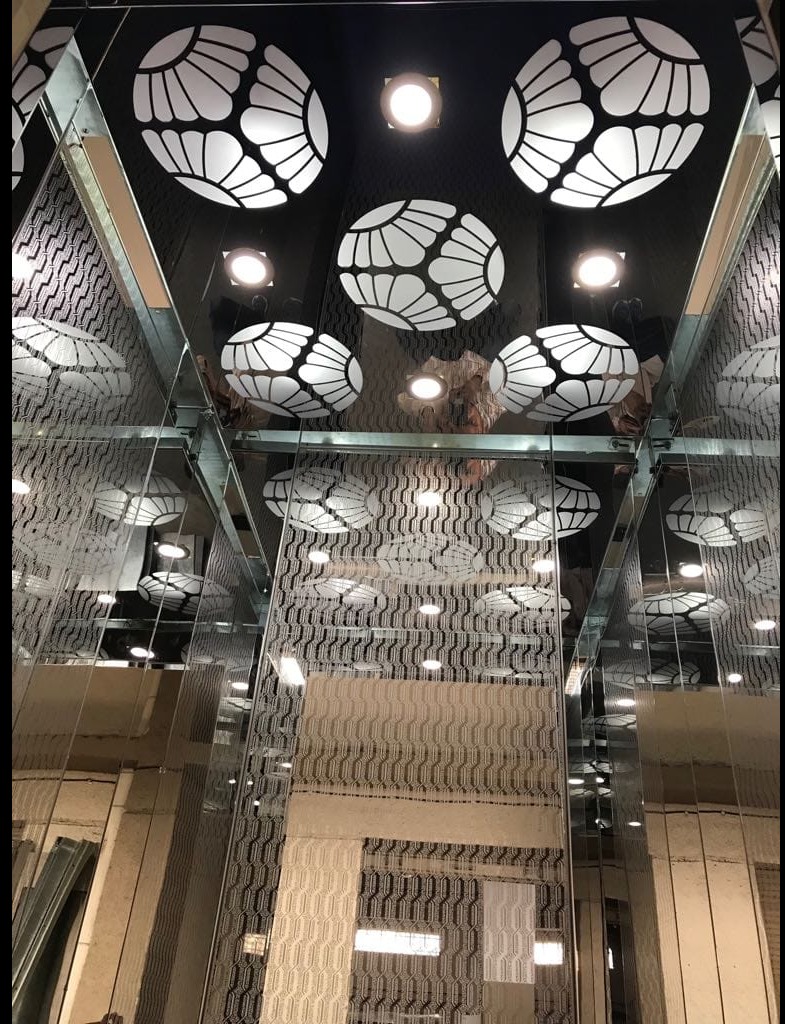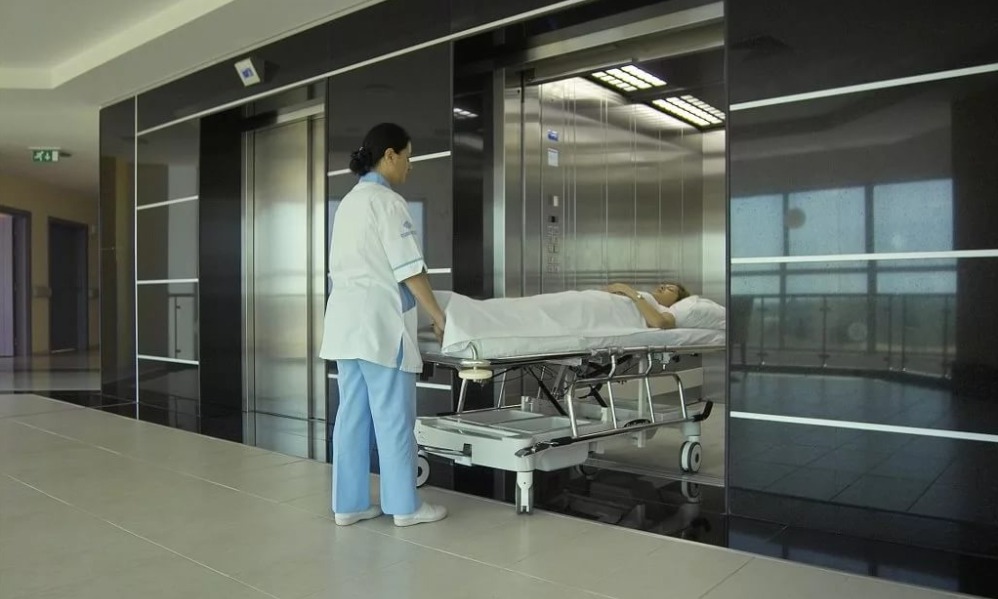
Hospital elevator repair and maintenance services are vital for the continuous, safe, and efficient operation of healthcare facilities. Since these lifts are the primary means for transporting critically ill patients, staff, medical beds, and sensitive equipment 24/7, any downtime can severely compromise patient care.
Maintenance involves a comprehensive, proactive schedule including routine inspections (typically quarterly or monthly), lubrication of moving parts, and detailed checks of mechanical, electrical, and control systems. Crucial safety features, such as emergency stop buttons, alarms, communication systems, overspeed governors, and backup power/Automatic Rescue Devices (ARD), are regularly tested to ensure regulatory compliance and operational readiness.
Repairs and emergency services are prioritized for hospitals, often guaranteeing a rapid, 24/7 response to minimize disruption. Technicians are specialized in addressing common high-use failures, such as door operator malfunctions, and replacing worn components promptly with new, high-quality, and often heavy-duty parts.
The service also emphasizes cleanliness and infection control, ensuring cab interiors, buttons, and high-touch surfaces are sanitized and compliant with hospital hygiene standards. This proactive, specialized approach is essential to maintaining the lifeline of the hospital and extending the elevator's lifespan.
